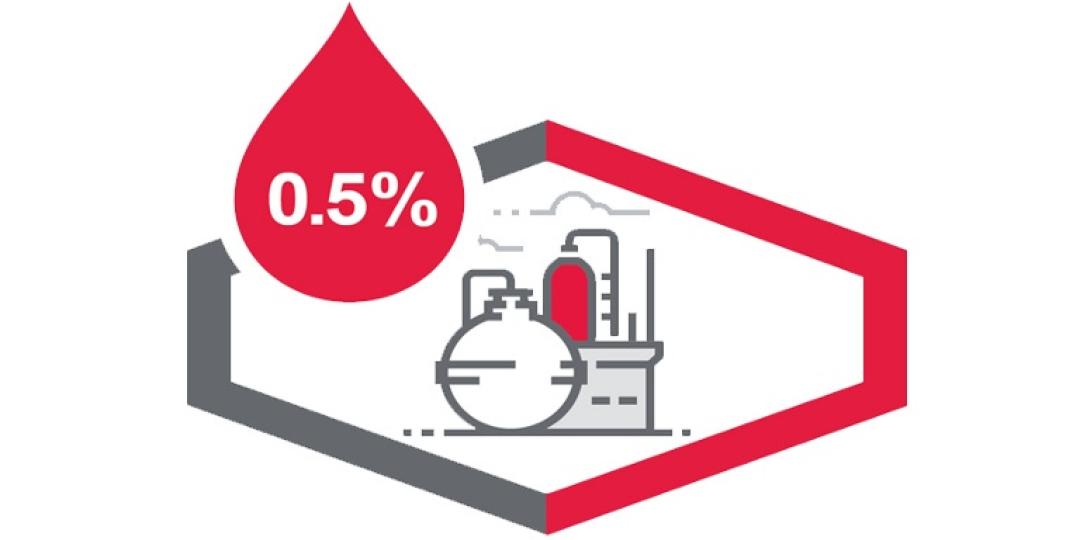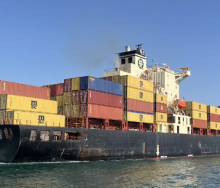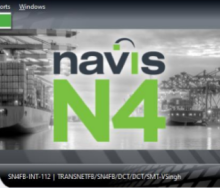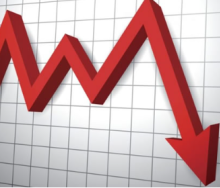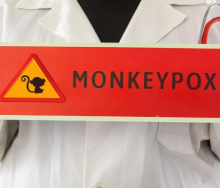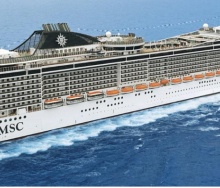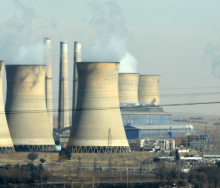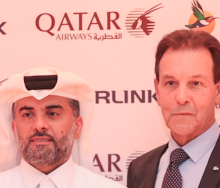In anticipation of the tighter sulphur regulations imposed by the International Maritime Organisation (IMO), German container line, Hapag-Lloyd, has ordered 10 hybrid ready exhaust gas cleaning systems (EGCS) for its Hamburg class vessels.
COO of Hapag-Lloyd, Anthony Firmin, said in a press statement the scrubbers would be gradually installed to the 13 000 TEU ships during 2019 and 2020, with all of the installations expected to be completed before the end of 2020.
The retrofits will start in March 2019 when the first EGCS will be installed to the vessel Hamburg Express at Qingdao Beihai shipyard in China.
The IMO will, from 1 January 2020, impose regulations that limit the marine fuel sulphur emissions to 0.5%
“Using compliant low sulphur fuels is the key solution for Hapag-Lloyd. However, we want to make sure we test and make use of all relevant solutions, which is why we decided to also retrofit our Hamburg Class vessels with EGCS,” said Firmin.
Meanwhile the IMO is expecting "by far" the majority of the world's fleet to comply with its tighter sulphur emission standards in 2020, according to the IMO head of air pollution and energy efficiency, Edmund Hughes.
He pointed out that while some shipping companies might flout the new rules in the hope that their enforcement will be lax, the inconvenience of doing so may prevent this from being widespread.
"If you're not using compliant fuel you're creating bureaucratic barriers for yourself,” said Hughes, highlighting that 96% of the global fleet by tonnage was registered to a flag state that had signed up to MARPOL Annex VI -- the IMO document setting out its rules on air pollution from shipping .
“Vessels that do not comply could lose their international certification, preventing them from operating as a commercial trading vessel,” he said.
